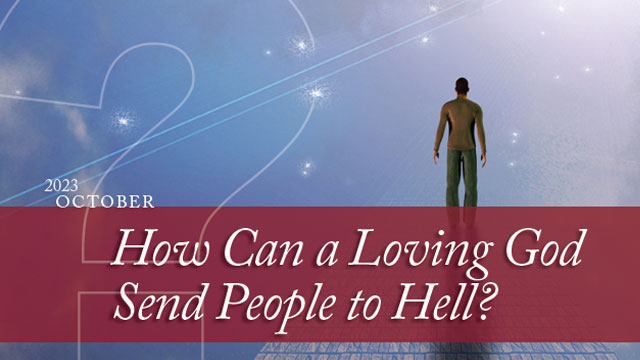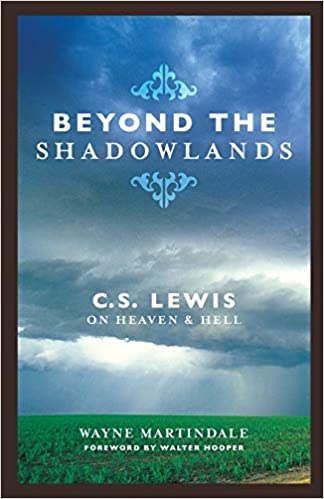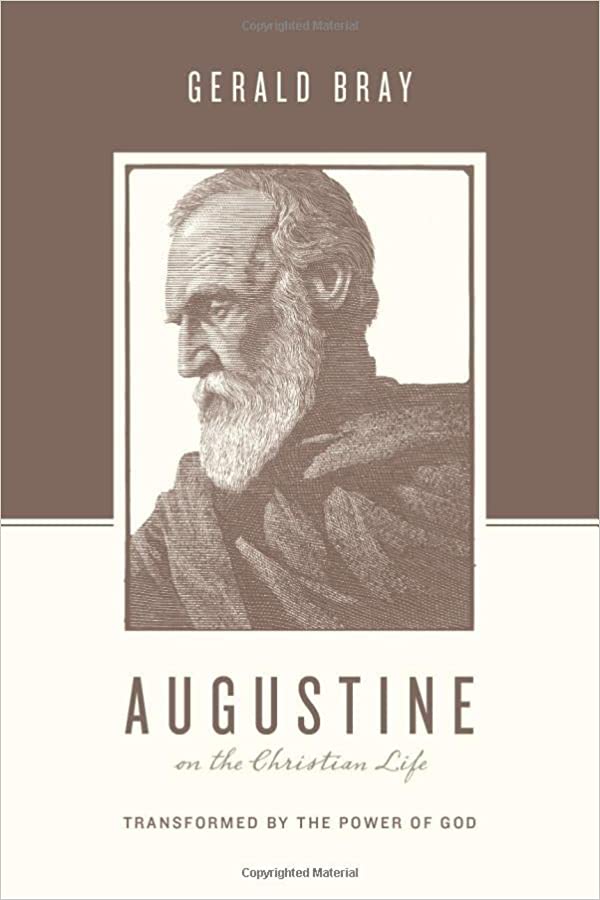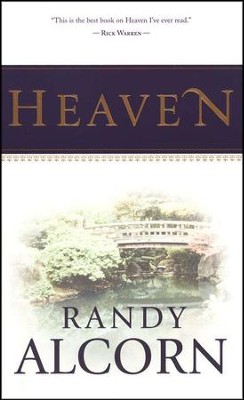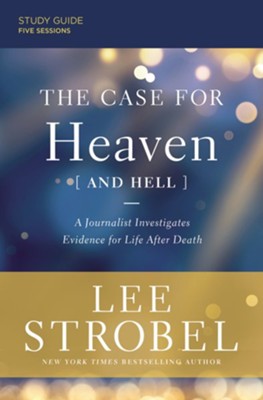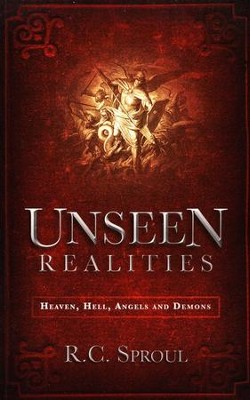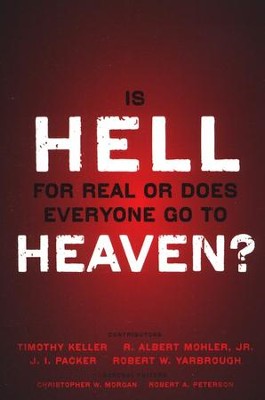Back to series
Heaven and Hell
In this 46-minute video, recorded in January 2021 during a C.S. Lewis Institute livestream event, Randy Alcorn addresses the topic of heaven and the new earth, from the Bible and C.S. Lewis.
In separate Question and Answer videos, Alcorn answers a number of questions related to heaven:
How do I get to Heaven?
Do babies that die in the womb go to heaven?
Will someone who commits suicide go to heaven?
My son died in a car accident, can he see me?
Will we stay married in heaven?
Will there be dogs in heaven?
What will we look like in heaven?
What will heaven be like? Will I have a big house? Is there time in heaven?
Is cremation or burial a determining factor in going to heaven?
Broadcast Talks
This Broadcast Talks is adapted from a talk given by Randy Alcorn on January 22, 2021, at a C.S. Lewis Institute livestream event.
Challenging Questions
The notion that a loving God would send people to hell stands as a stumbling block to so many. So why has this doctrine of the eternal punishment been a part of Christian teaching throughout church history? Because followers of Jesus are bound by the teaching of their Master.
Skeptics often argue it is not rational to believe in God. However, as this relatively short paper will demonstrate, an examination of the relevant issues shows that it is the God-centered view that makes the most sense of physical nature and human nature, and, by contrast, the secular, godless worldview reveals a tendency toward the irrational.
Knowing and Doing Articles
Tom Tarrants observes that each of us is moving toward two great experiences. No matter how much money, power, or influence we may have, we cannot avoid them. Each day brings us another step closer to what no human being can escape: the hour of our death and the day of our judgment. While, as Tarrants notes, it would be impossible in a short article to do justice to what the Bible teaches about death or judgment, in this article he discusses a few key biblical passages and how they can help us grow in grace and live with confident and expectant hope.
According to Stephen Eyre, the modern age in which we live, and with which C.S. Lewis contested throughout his writings, denies the supernatural. Lewis believed that a vigorous supernaturalism was essential to understanding Christianity. Central to Lewis’s supernaturalism was an unapologetic belief in heaven and hell. In this article, Eyre discusses heaven and hell in the writings of C.S Lewis.
The doctrine of hell—what are we to make of it? Bill Kynes observes that even among Christians the subject of hell is a thorny one—and rightly so. It’s not something we should take lightly, or talk about too easily; this is serious stuff. In this article, Kynes asks: Why has the doctrine of the eternal punishment of those who stand before God apart from Christ been a part of the understanding of almost all Bible-believing Christians throughout church history? According to Kynes, the simple answer is that Christians are bound by the teaching of Jesus.
According to Kevin Offner, two themes that surface in Augustine’s sermons may be helpful for our discipleship: understanding (1) salvation as primarily a process, a pilgrimage that is completed only in the future at our final destination, heaven, and (2) future rewards as a motivating factor for present godliness.
The first factor is consideration. By this I mean the reading over and repeating of God’s reasonings until His way of thinking becomes our way. We might call this “reflection” or “deliberation.”
Reflections
Universalism, the false teaching which negates the consequences of sin and evil and marries heaven and hell into one eternal paradise for all, was just as prevalent in C. S. Lewis’s day as it is today.
When the distinguished American statesman, Daniel Webster, was asked to share the greatest thought that had ever passed through his mind, he said, “my accountability to Almighty God.” Though Webster was a Unitarian, his awareness of ultimate accountability to God is a profoundly biblical idea and resonates with all orthodox believers.
Jesus Christ “will come again in glory to judge the living and the dead,” says the Nicene Creed, summarizing the clear teaching of Holy Scripture. Throughout the centuries, the church has lived in expectation of this awesome event. Whatever one’s views on the details and nearness of Jesus’ second coming, none can dispute that his return draws closer with each passing day.
In The Last Battle, the final book in C.S. Lewis’s Chronicles of Narnia, Lewis depicts the end of Narnia…and entering the new Narnia.
Perhaps it seems rather crude to describe glory as the fact of being “noticed” by God. But this is almost the language of the New Testament.
In 1941, in the midst of World War II, C.S. Lewis was invited to give the Evensong sermon at the historic University Church of St. Mary, the Virgin, in Oxford. The sermon, titled “The Weight of Glory”, was delivered on June 8, 1941 and is now recognized as one of the greatest sermons of the 20th century.
In The Silver Chair, one of the books in C.S. Lewis’s Chronicles of Narnia series, Aslan calls two children, Eustace Scrubb and Jill Pole, out of our world into Narnia to find a lost Prince. Toward the end of the story, they are saddened by the death of King Caspian, who Eustace had become good friends with during a previous adventure. As they and others mourn this loss, Aslan, the Christ figure of Narnia, appears on the scene.
In February 1945, C.S. Lewis gave an address that was later published as an essay with the title “Membership.” In the essay, Lewis explored issues related to individualism, collectivism and the church.
The longings which arise in us when we first fall in love, or first think of some foreign country, or first take up some subject that excites us, are longings which no marriage, no travel, no learning, can really satisfy.
In October 1949, C.S. Lewis wrote a letter to Dr. Warfield M. Firor, a professor of surgery at Johns Hopkins, who had regularly sent him food parcels during the time of austerity after World War II. In the letter, Lewis confided that, for some days, the subject uppermost in his mind had been “Old Age”.
What will life be like in the world to come? We must tread carefully here, as there isn’t a great deal of information given in Scripture. However, there is enough to draw some helpful conclusions, even if we don’t have all the details we might wish.
Recommended Books
A passionate call for this generation to make their lives count for eternity. Piper discusses the risks for those who seek to accomplish something in life for the sake of Christ.
C.S. Lewis’s fiction is rich with reflections on the afterlife. For many, reading his books helps in forming a more vivid understanding of Heaven and Hell. In this book, Lewis scholar Wayne Martindale uses some of Lewis’s best-loved fiction as an imaginative complement to his discussion on eternity.
Those who know Lewis’s work will enjoy Martindale’s thorough examination of the powerful images of Heaven and Hell found in Lewis’s fiction, and all readers can appreciate Martindale’s scholarly yet accessible tone. Read this book, and you will see afresh the wonder of what lies beyond the Shadowlands.
Augustine is widely considered to be the most influential theologian in church history after the apostle Paul. Dramatically converted from a life of licentiousness to one of wholehearted devotion to Christ, the humble North African pastor quickly established himself as a leading figure within the ancient church. In Augustine on the Christian Life, historian Gerald Bray explores the rich spirituality of this extraordinary man, examining his historical context, approach to the Christian life, and work as a preacher and teacher of God’s Word. Drawing on Augustine’s many writings—including his classic spiritual autobiography, the Confessions—Bray demonstrates Augustine’s enduring relevance for Christians today. This book is part of Crossway’s Theologians on the Christian Life series.
As the years pass and we watch more and more of our family, friends and mentors pass away, it is only natural to ask questions about heaven. However, our understanding of heaven is often limited to a few half-forgotten Sunday school lessons and the insubstantial images provided by popular movies and T.V. Fortunately, in Heaven Randy Alcorn provides us with a thoroughly researched and biblically definitive description of heaven. As Alcorn addresses our most serious questions about heaven, including the nature of judgment, and answers a few of our less serious questions as well, including the accessibility of café mochas in the sweet by and by. Readers will develop a deeper understanding of our eternal destination and find the courage to strive for heaven while living on earth.
Wormwood, a demon apprentice, must secure the damnation of a young man who's just become a Christian. He seeks the advice of an experienced devil, his uncle Screwtape. Their correspondence offers invaluable---and often humorous---insights on temptation, pride, and the ultimate victory of faith over evil forces. Paperback with French flaps and deckled page edges.
In Case for Heaven (and Hell) video Bible Study, bestselling author Lee Strobel investigates the evidence for an afterlife. This five-session study examines answers for questions about eternity and share biblical and rational answers, as well as interviews from The Case for Heaven documentary.
As believers, most of us accept that God reigns over the earth. But what about angels, demons, and other spiritual beings? Are they real? Mining God's Word, Sproul reveals what it says about heaven, hell, angels, and Satan---and opens your eyes to the impact the invisible spiritual realm has on your daily life! 160 pages, softcover from Christian Focus.
The traditional, biblically based view of Hell is again being questioned by people both in and outside the walls of the church. How could Jesus, the one who died for the sins of the world, condemn millions of people to eternal torment because they didn't believe the right things about him? Doesn't God's goodness make it impossible for him to commit such an act of seemingly vengeful judgment? Isn't eternal punishment disproportionate, and therefore unjust, in light of the temporal nature of all human failings?
Podcasts
Jess Archer moved more than a dozen times before she reached the age of 15. As you might guess, that created a fair amount of anxiety in her life. She finds peace in the midst of anxiety through her relationship with the Lord. But it’s far more complex than a simplistic solution.
God’s word tells us that, as believers, we’re “seated with Christ.” And we’re “sent.” What do those things mean? And how do they weave together?
The book of Revelation begins and ends with a promise that readers will be blessed. Yet many of us are intimidated by the book and leave it untouched. Nancy Guthrie helps us overcome our reluctance to read this crucial part of God’s word.
Can anyone really say for certain that they are a Christian? (The answer is yes.) Are there some who think they’re Christian but they’re really not? (The answer, again, is yes.) Pastor and author Mike McKinley helps us think through and wrestle with these eternally urgent questions.
Categories
Speakers

C.S. Lewis Institute
Author



